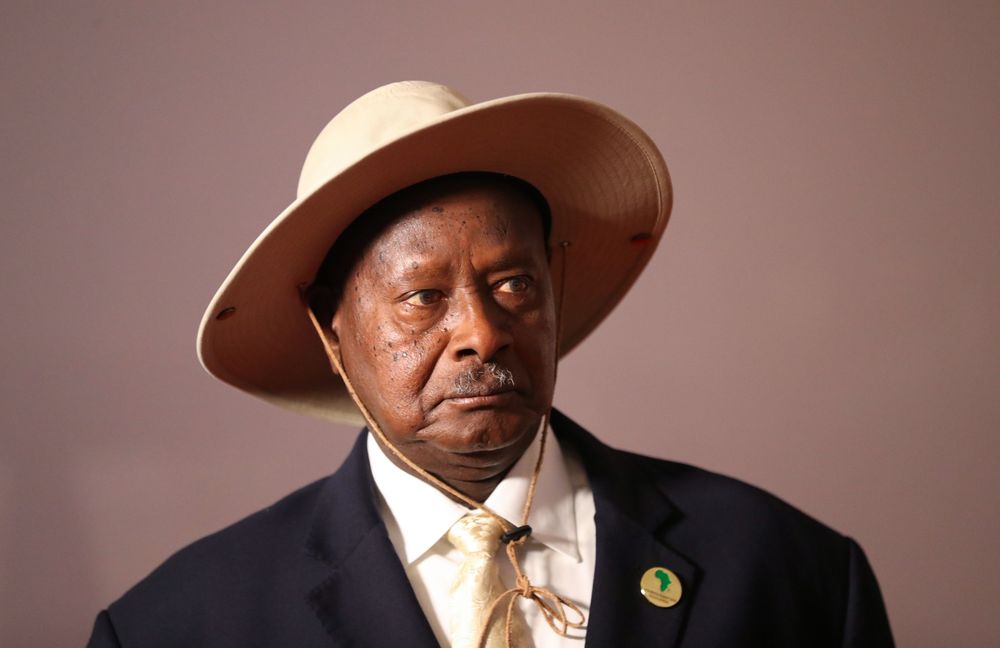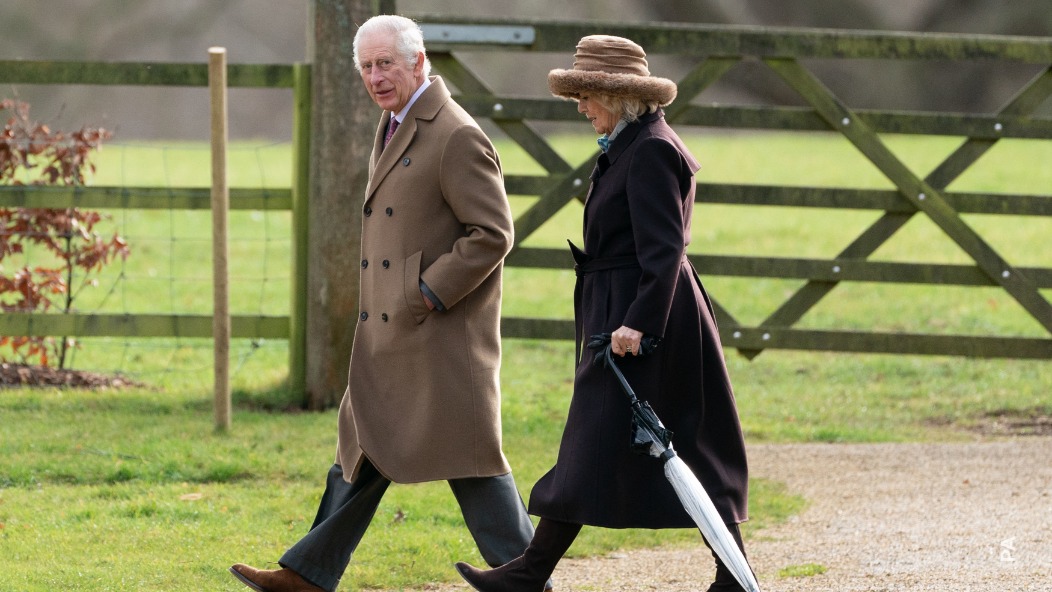American actress and political activist, Jane Fonda hassaid she’s officially done with altering her looks.
Speaking in a recent interview with Elle Canada, the 82-year-old ‘Grace and Frankie’ star opened up about the pressures of keeping up appearances in Hollywood and vowed never get plastic surgery again.
“I can’t pretend that I’m not vain, but there isn’t going to be any more plastic surgery — I’m not going to cut myself up anymore,” she revealed. “I have to work every day to be self-accepting; it doesn’t come easy to me.”
Having previously struggled with bulimia, Fonda told the magazine she aims to be more open to her fans about her appearance.
“I try to make it very clear that it has been a long and continuing struggle for me,” she explained. “I post pictures of me looking haggard — and once with my tooth out!”
“This is a fake tooth,” she continued, pointing out an incisor to the magazine. “It came out in a restaurant in Portugal, and I posted it.”

The Oscar winner also explained why she chose to come clean about her plastic surgery regrets.
“I knew that if I really told the truth, it would be universal,” she said. “All these issues are universal among women: ‘I’m not good enough; I have to please, starting with Daddy; I’m not pretty enough; I’m not thin enough; I’m not smart enough.’”
“Showing up is something you have to learn — although there are certain emotional disabilities you pick up when you are young that you can’t entirely undo,” she shared. “I have psychic scars that I will never be able to give up. You learn to manage them. You learn to banish them to the corner and put a dunce cap on them and forbid them to come out.”
“I grew up at a time when the thinking was that women were like cats, competing with each other, knocking each other down,” she continued. “But, in fact, there is no limit to what we can accomplish if we work together.”
Fonda added that she now surrounds herself with women who support one another.
“The people who tend to really show up for me — and whom I show up for — are my women friends,” she said. “I grew up in the ’50s, and on top of that my mother killed herself, so I totally identified with men, which meant rugged individualism, so it was very hard for me to overcome that.”




